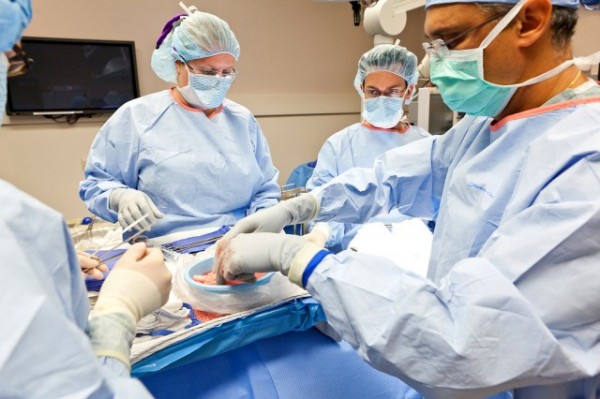Lots people who need an organ transplant will die before ever getting to the surgery room, but soon that may become a thing of the past.
Organ supercooling is the name of a new medical technique developed at Harvard meant to “supercool” the organ and making it last longer. The technique also pumps the targeted organ with oxygen and nutrients, which in the end makes it last up to three times as long, potentially saving the patients some time and their lives in the process.
We consider organs to be viable for only 24 hours after leaving a body, but after experimenting with supercooling on animal organs, researchers considered them to last 72 hours instead. That’s a lot of extra time, especially when a life depends on it.
These news come straight from Natural Medicine. Researchers claim that, while the lead is very promising, we’re gonna have to wait a bit before they conduct the extra tests on humans and decide if this is viable for us too.
Source: The Mary Sue
Be social! Follow Walyou on Facebook and Twitter, and read more related stories at Organovo Will Open the Way for 3D Printed Organs in 2014 and 10 Plant Arrangments Forming Human Organs.

 With current technology, a human liver donated for transplant can only be kept alive for 24 hours, and often, if the liver is damaged or diseased, it cannot be considered for transplant. That could soon change. Liver4Life, a Wyss Institute project, h...
With current technology, a human liver donated for transplant can only be kept alive for 24 hours, and often, if the liver is damaged or diseased, it cannot be considered for transplant. That could soon change. Liver4Life, a Wyss Institute project, h...
 With current technology, a human liver donated for transplant can only be kept alive for 24 hours, and often, if the liver is damaged or diseased, it cannot be considered for transplant. That could soon change. Liver4Life, a Wyss Institute project, h...
With current technology, a human liver donated for transplant can only be kept alive for 24 hours, and often, if the liver is damaged or diseased, it cannot be considered for transplant. That could soon change. Liver4Life, a Wyss Institute project, h...





